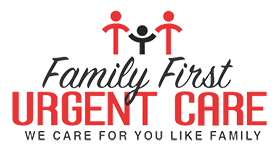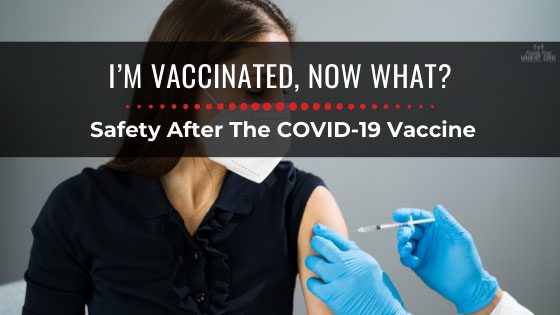
For those that are fortunate enough to be completely vaccinated against COVID-19, there can be an immense sense of relief followed by the sentiment of, “I’m vaccinated, now what?” While medical experts say that being fully vaccinated is a big step towards protecting yourself against the coronavirus, it does not necessarily equal unrestricted freedom. With health professionals closely studying the efficacy of the vaccines and the ability for those inoculated to continue spreading coronavirus, many disease specialists say there are still currently too many gray areas to know exactly what this means for both vaccinated and unvaccinated Americans.
Will a COVID-19 Vaccination Protect You from Getting COVID-19?
Out of the vaccines currently being offered to Americans, scientists say none of them have been shown to be 100% effective. Most of the vaccines are considered to be anywhere between seventy-two percent effective to more than ninety-four percent effective, and even these are estimated to require several weeks post-vaccination for an individual’s immunity to adequately build up.
So, can you throw caution to the wind and return to life as normal after a vaccination? Nationwide doctors and infectious disease experts are saying that right now the answer to that question is no. Some of the possible reasons for Americans to still proceed with caution after being fully vaccinated can include:
- Varying efficacy rates of available vaccines
- The possibility of still contracting a likely mild case of coronavirus
- The continuous arrival of new and significantly contagious COVID-19 variants around the world and in the United States
- Ongoing studies regarding if a vaccinated person can still infect others with coronavirus
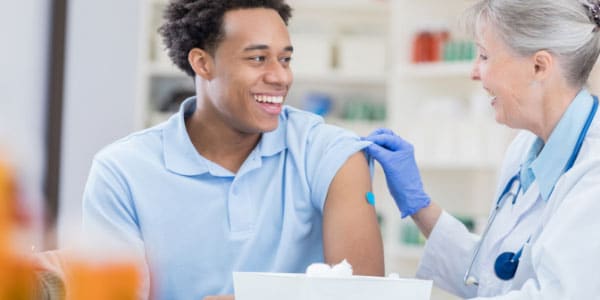
As large-scale vaccinations proceed and scientific research progresses, disease experts will likely know more about the above points with time and will modify behaviors as necessary. Until then, medical professionals are urging Americans to remain vigilant in their hygiene, social distancing, and wearing of masks.
Social Distancing After COVID-19 Inoculation
The gap between the efficacy of current vaccines and a vaccine with one hundred percent efficacy means there is still the potential for an individual to become infected with COVID-19 and possibly spread it to others. Even those individuals who are fully vaccinated are encouraged to continue following key social distancing guidelines such as:

Limiting contact with large groups of people

Maintaining six feet of distance between yourself and those who are not a part of your immediate household

Limiting errands and social activities

Following guidance given by local public health authorities
Wearing A Mask After Getting the COVID-19 Vaccine
During the last year or so, most Americans have become accustomed to wearing masks in public settings, gatherings, and events as advised by the Centers for Disease Control (CDC). Even following a vaccination, health experts are encouraging individuals to continue the practice of wearing a mask.
With scientific research still underway regarding if vaccinated individuals can still spread coronavirus to others, wearing a mask can be an added layer of protection.
When it comes to wearing a mask, individuals should note:
- Masks are not a substitute for social distancing. They should be used in addition to recommended social distancing practices.
- Masks should be worn in public places and on any form of public transportation.
- A proper mask should fully cover the mouth and nose and fit comfortably against the skin of the face.
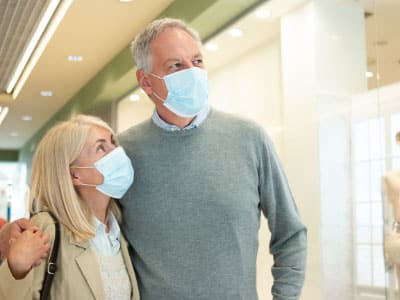
Health Protocols and Hygiene Practices Post-Vaccination
The coronavirus pandemic has raised immense awareness of the importance of practicing good hygiene. An emphasis on good hand washing, the use of hand sanitizer, and the sanitizing of commonly touched surfaces are not only estimated to potentially limit the spread of coronavirus, but also other viruses such as the common flu.
Here are the top five practices even the fully vaccinated should adopt to keep themselves and those around them as safe as possible:
1. Practice good hand washing:
The CDC recommends washing your hands with water and soap for a minimum of twenty seconds for maximum efficacy.
2. Use hand sanitizer if hand washing is unavailable:
Be sure to use a hand sanitizer that contains a minimum of sixty percent alcohol.
3. Disinfect commonly touched surfaces in your home and office:
This can include doorknobs, cabinet pulls, remote controls, keyboards, phones, light switches and more. Use a proper disinfectant as directed.
4. Keep hands away from the face:
By touching a commonly used surface and then touching the eyes, nose, mouth, or lips, it can be easier to become exposed to germs and viruses, including COVID-19. Wash your hands thoroughly with soap and water before touching your face or your food.
5. Stay home if you do not feel well:
If you feel under the weather or are experiencing symptoms of coronavirus, stay home and contact your physician or local urgent care for further guidance.
Medical professionals say there is still much to learn about COVID-19, its variants, and related vaccinations. As such, until scientific research reveals further data, even fully vaccinated individuals are encouraged to continue practicing social distancing, mask wearing, and good hygiene.
- The Dangers of Heat Stroke - August 2, 2022
- Health Devices and Supplies For Home - July 19, 2022
- Hydration for Houston’s Summer Heat - July 1, 2022
